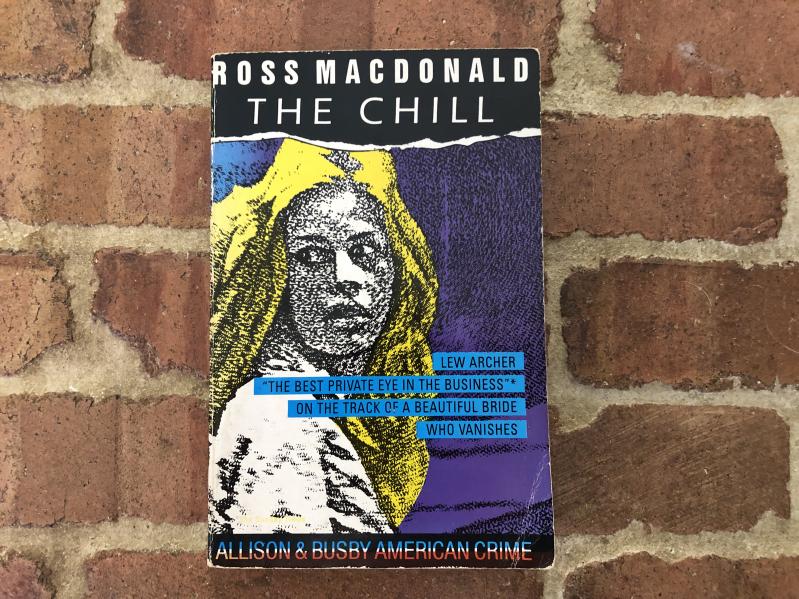When Kenneth Millar went to pick a pen name, couldn’t it have been something other than Ross Macdonald? He apparently first went for John Macdonald, then John Ross Macdonald, before, given the existence of a fellow master of the crime novel named John D. MacDonald, just Ross Macdonald. Maybe John Ross would’ve made more sense?
What with my fandom for both, this is what the kids today would call a “me problem.”
Ross, the Bay Area-born Canadian who later turned Southern Californian. John D., the bard of a lost Florida who landed there in his mid-30s, having hailed from the biggest little city you didn’t know was a city at all, Utica, upstate.
But geography is largely where the dissimilarities end, considering their birth dates (1915 and 1916), their advanced degrees (Ross, Ph.D. in literature, Michigan; John D., Harvard M.B.A.), their World War II service, their cutting their teeth writing for the pulps, the midcentury dates of their first full novels (Ross, “The Dark Tunnel,” 1944; John D., “The Brass Cupcake,” 1950), and their death dates (Ross, 1983, age 67; John D., 1986, age 70).
The real connective tissue, so to say, is in the crime series, Ross’s private investigator Lew Archer sussing out 18 novels, and John D.’s Travis McGee and his property “salvage consultancy” tallying his 50-percent cut in 21 titles.
All this has been on my mind because I just finished Ross Macdonald’s 1963 “The Chill,” actually a beautifully ugly and yellowing 1986 paperback published by Allison & Busby in Great Britain for its American Crime series and given to me by my older brother out on the West Coast.
It’s a tough one for Archer, the plot calling to mind Raymond Chandler’s “The Big Sleep” and that story of how Howard Hawks couldn’t quite figure out its resolution as he went to film it, and when he called Chandler on it, the author didn’t know either.
The Macdonald intelligence shines through, however, Archer at one point invoking the ancient Greek Heraclitus. “All things flow like a river, he said; nothing abides. Parmenides, on the other hand, believed that nothing ever changed, it only seemed to. Both views appealed to me.”
Maybe it’s the houseboat and the Florida sunsets, but Travis McGee seems not quite so hard, more live-and-let-live. More prone to melancholy.
But I’ll have to check. It’s been too many years. As far as I can tell, I’m only three books in.

